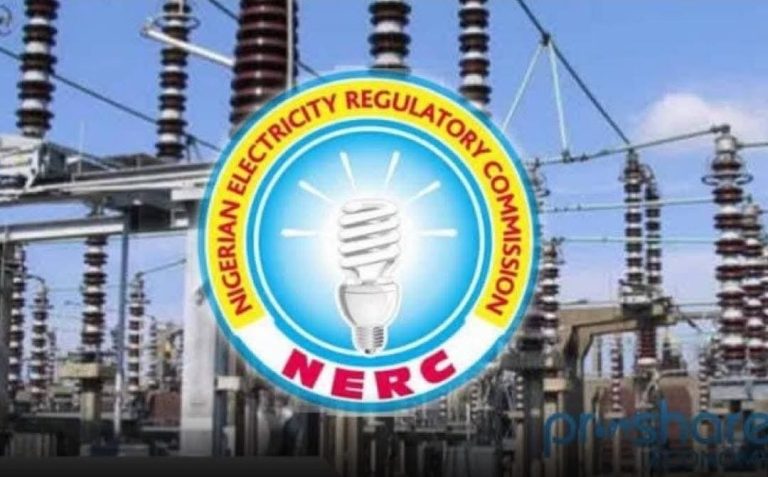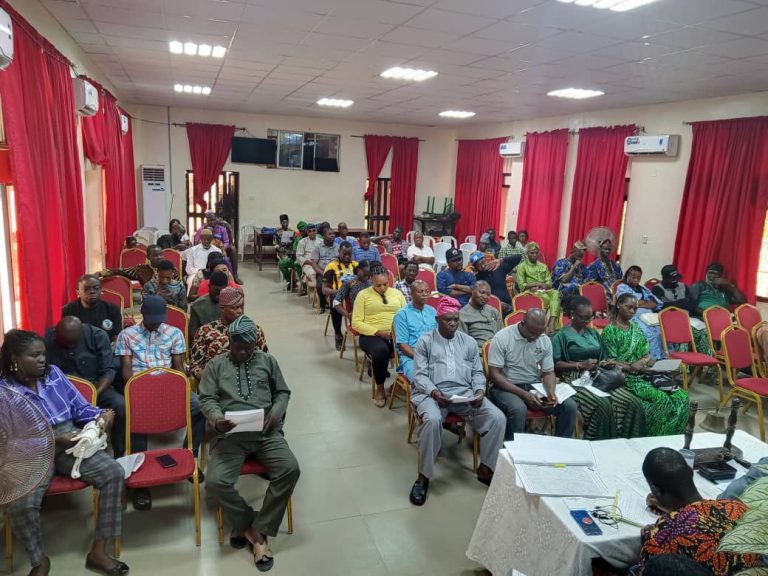
INEFFICIENCY, NOT DYSFUNCTION: THE REAL REASON BEHIND NNPC REFINERIES SHUTDOWN–PENGASSAN PRESIDENT

GREATRIBUNTVNEWS–Nigeria’s refineries were shut down due to inefficiency, not because they were non-functional, according to Festus Osifo, President of the Petroleum and Natural Gas Senior Staff Association of Nigeria (PENGASSAN). The facilities had been operating, but at suboptimal levels, resulting in significant losses.
The Loss-Making Equation
When crude oil worth $10 million is supplied, the refined products produced are valued at only $9.5 million, leading to continuous losses. This disparity in input and output values prompted the shutdown, allowing for reassessment and improvement of efficiency.
Reassessing Strategy and Improving Efficiency
The decision to suspend operations was taken to reexamine the refineries’ operations and find ways to increase productivity and reduce losses. According to Osifo, the refineries were not completely non-functional, but rather, they were not producing at optimal levels due to poor material balance .
Expert Insights
As an engineer with over 20 years of experience, Osifo emphasized the difference between a system working and working efficiently. He stated that the refineries were shut down to reassess strategy and improve efficiency, ensuring they operate at optimal levels .
The PENGASSAN President added that during a recent meeting with the new Group Chief Executive Officer of NNPC Limited, the management confirmed that the decision to suspend operations was taken to reassess strategy and improve efficiency.
Osifo said, “You know, we visited the refinery. I’m an engineer of over 20 years, standing alright. I understand how mechanic works. I’ve worked in a private sector all my life, and I’ve practised engineering all my life. So, I know a system that is working and I know a system that doesn’t work.
“I listen to those that said it never worked, which is not correct, the refinery worked. There is a difference between a piece of equipment working and a piece of equipment working efficiently. You know, in engineering, these are two different things. So what happened was that the refineries were shut down not because the refineries were not working, but it was actually because what you were feeding into the refinery was crude oil, right? It wasn’t water. So, when you feed crude from this end, that’s the input, then you are going to get the output from the other end.
“When they compare what they were feeding in and what they were getting, at the end of the day [it] was not commensurate. So, not that it wasn’t functioning, but wasn’t functioning optimally. Because at the end, when you are feeding in, let’s assume you are feeding in crude that cost, let’s say, $10 million into the refinery, and at the end, you are getting a product that is worth, let’s say, about $9.5 million which means that you are running at a loss. That was exactly what happened, not that the refineries were not working.”
The PENGASSAN President further stated, “We paid a visit to the new GCEO of NNPC Limited, and we put that question to him, that why were the refineries shut down? Why were the refineries not working currently? And he told us that this was actually the reason that, not that the refineries were not working, but it was the material balance, the material you feed into the refinery, what you are getting out, it’s a bit reduced in terms of value. That was why they shut it down, in order to reexamine the strategy and all that.”







